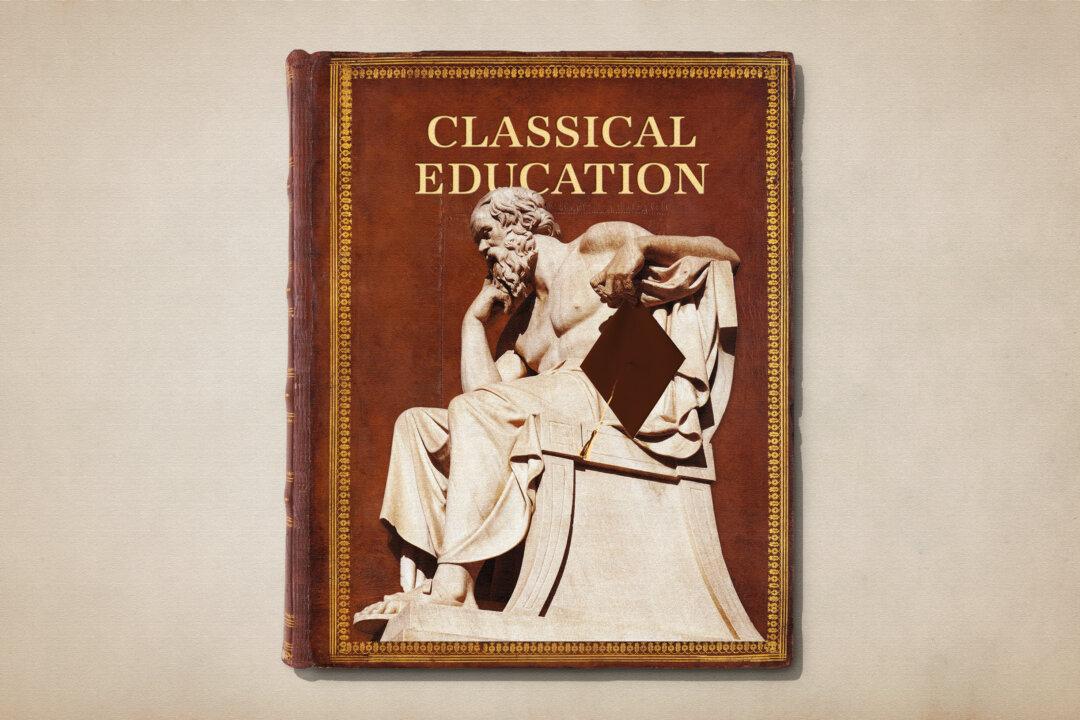Commentary
A story appeared recently in The New Yorker carrying the funereal title “The End of the English Major.” It got a lot of attention, and it isn’t an easy take for people who are committed to literary culture, who think that a society without a population of active literary readers is an unhealthy one. Those of us who’ve warned for two decades that the humanities were dying—and were ridiculed for saying so—derive no pleasure in being proven right.





